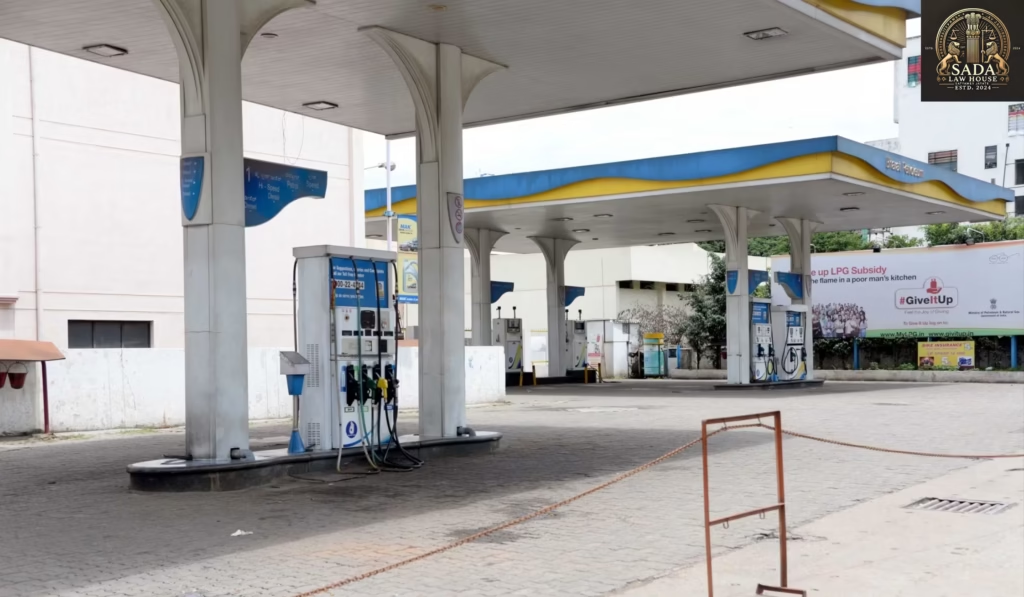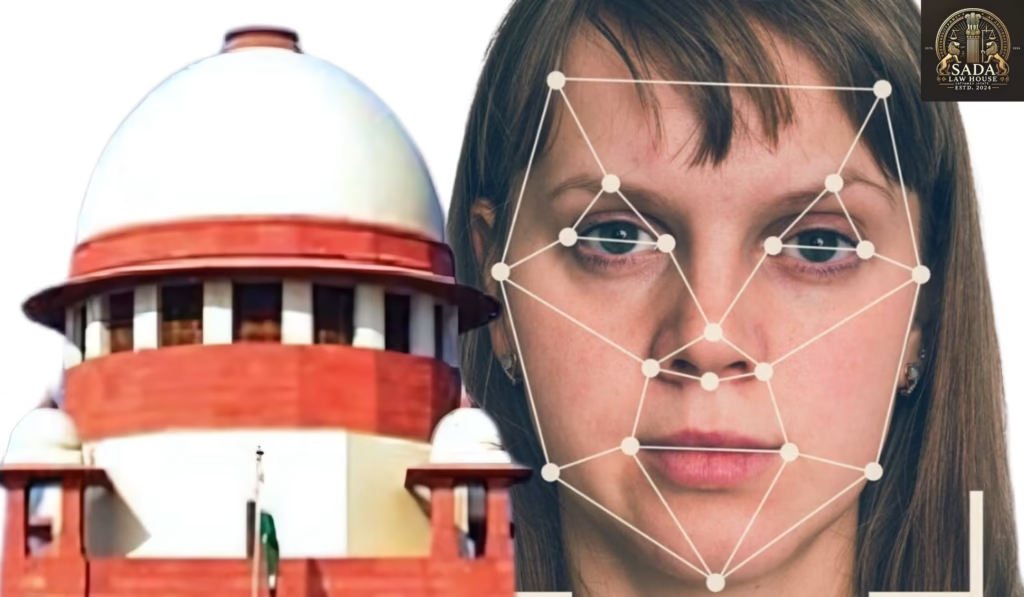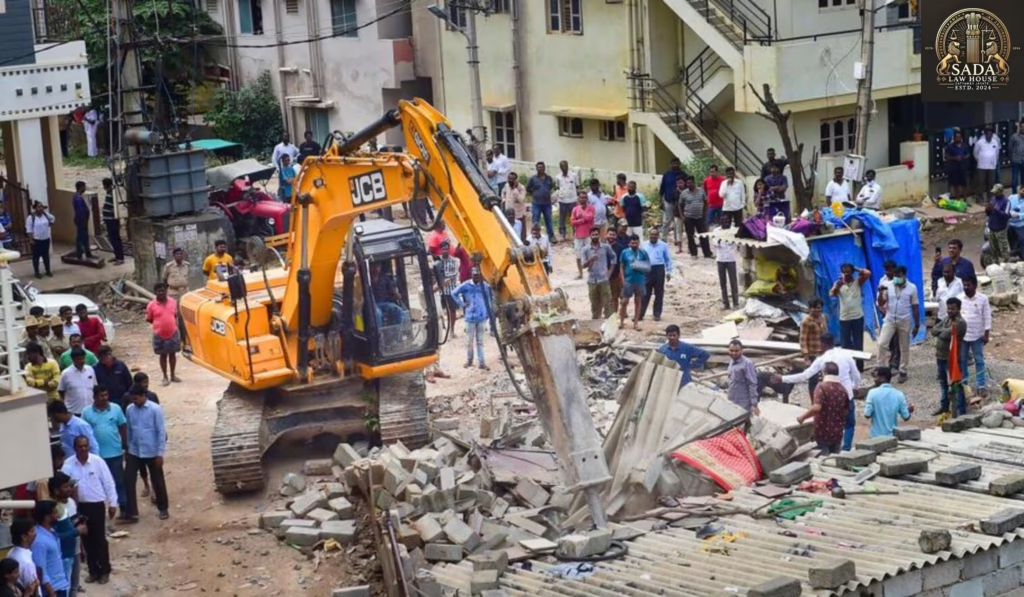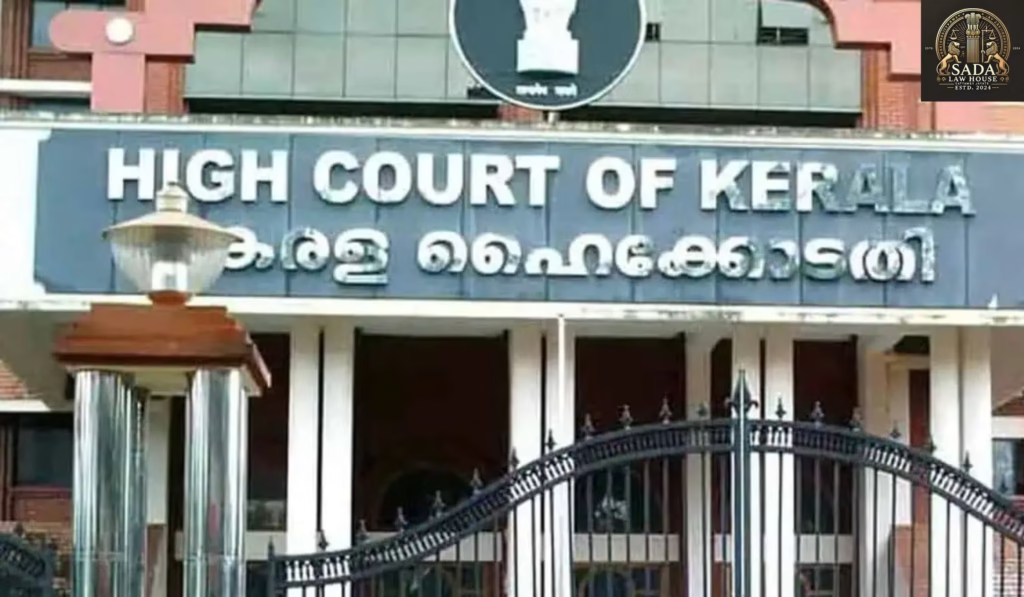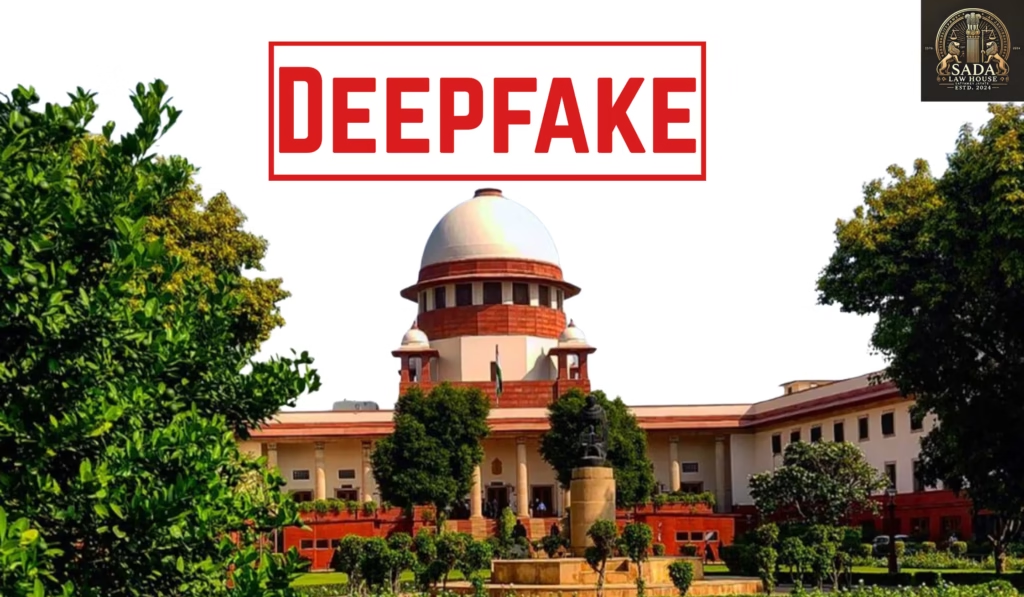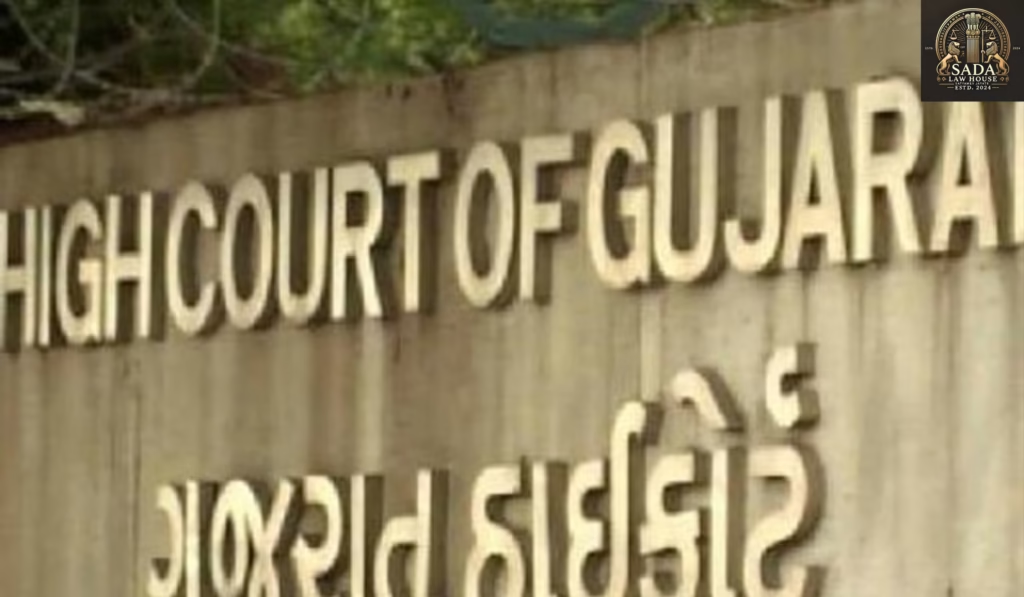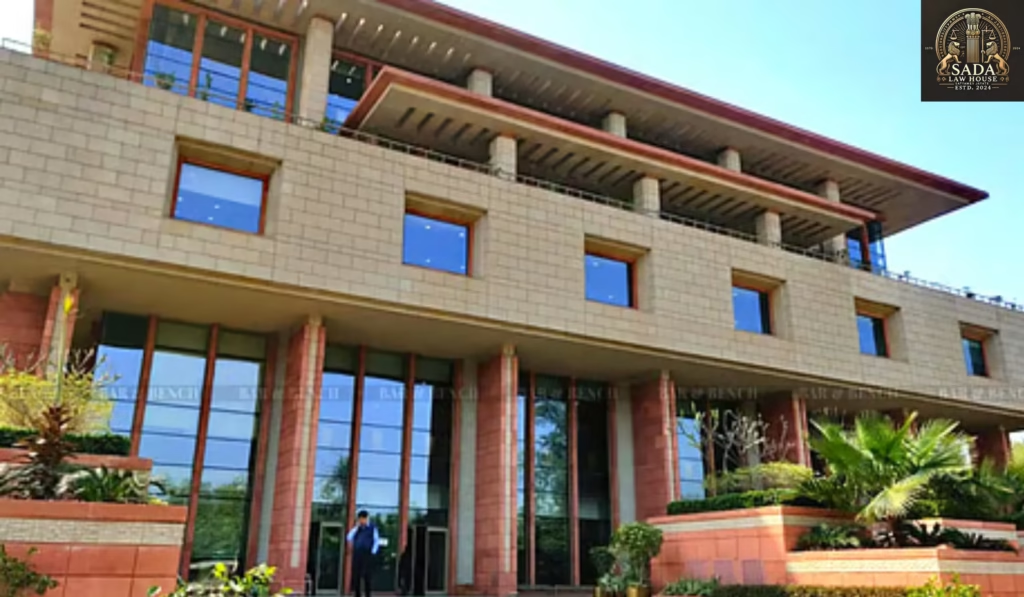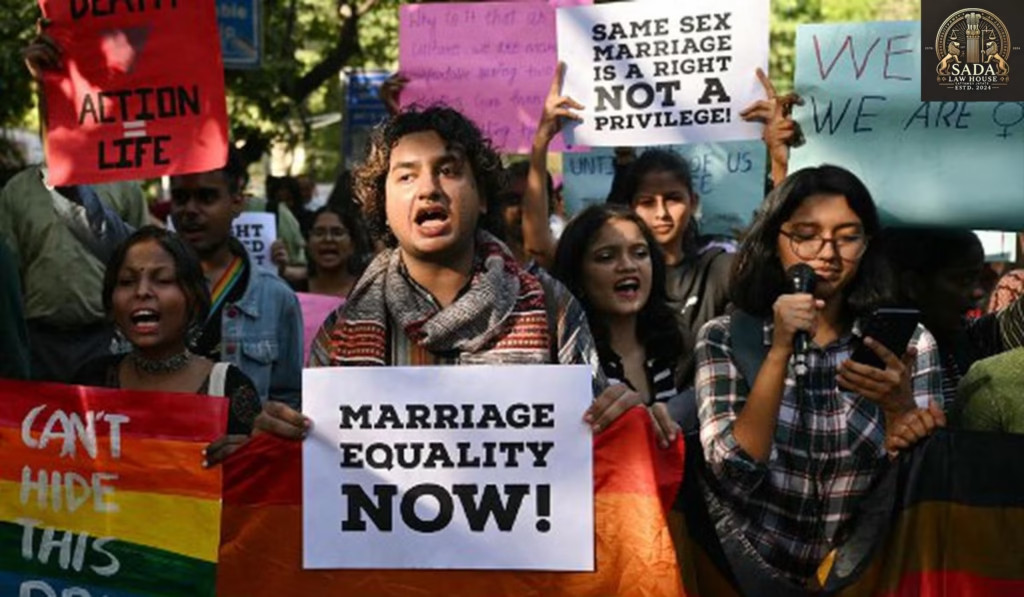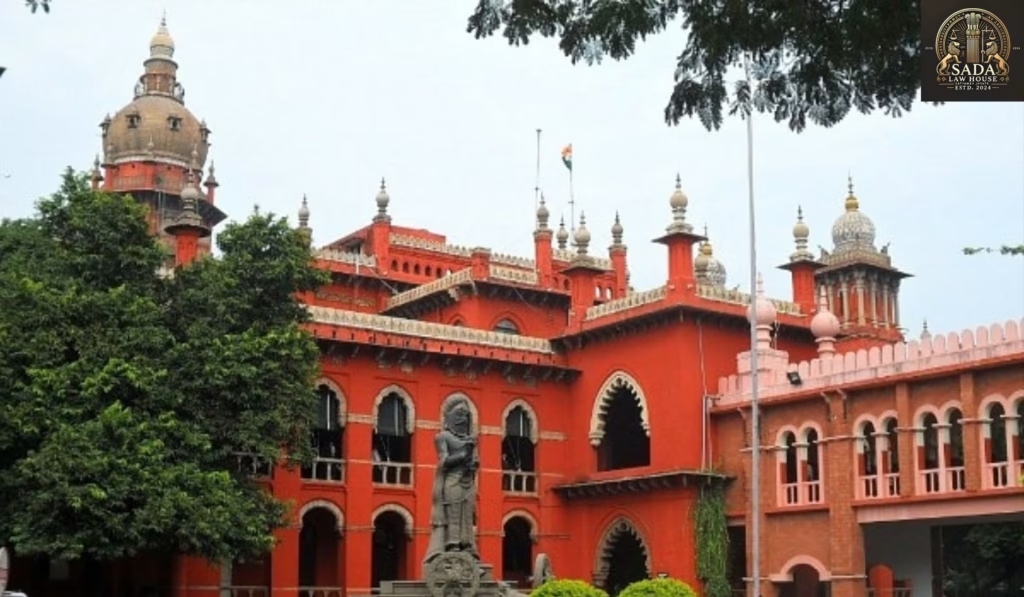Supreme Court Declines to Intervene in Thiruchendur Temple Kumbhabhishekam Timing Dispute
Trending Today Supreme Court Declines to Intervene in Thiruchendur Temple Kumbhabhishekam Timing Dispute Delhi Petrol Pumps Challenge Penalties on End-of-Life Vehicles in High Court LEGAL JOB OPPORTUNITY AT DELHI GLOBAL INSTITUTE OF MANAGEMENT LEGAL INTERNSHIP OPPORTUNITY AT ADV PRIYA NAGAR LEGAL INTERNSHIP OPPORTUNITY AT KARAN GUPTA LAW CHAMBERS LEGAL JOB OPPORTUNITY AT MASTERCARD, PUNE LEGAL JOB OPPORTUNITY AT MALHOTRA AND MALHOTRO LAW FIRM LEGAL JOB OPPORTUNITY AT NLU RANCHI LEGAL JOB OPPORTUNITY AT HIMT GROUP OF INSTITUTIONS LEGAL JOB OPPORTUNITY AT SHREE CEMENT LTD Supreme Court Declines to Intervene in Thiruchendur Temple Kumbhabhishekam Timing Dispute Prabhat Kumar Biltoria 5 JULY 2025 The Supreme Court of India refuses to determine the “auspicious time” for the Thiruchendur Temple consecration, reaffirming judicial non-interference in religious affairs. Read more on the legal and cultural implications of this ruling. Supreme Court Refuses to Decide on Temple Ritual Timing On 3 July 2025, the Supreme Court of India dismissed a petition challenging the scheduled timing of the Kumbhabhishekam (consecration ceremony) at the historic Sri Subramaniya Swamy Temple in Thiruchendur, Tamil Nadu. The Court made it clear that constitutional courts have no authority to determine what qualifies as an “auspicious time” for religious ceremonies, emphasizing the judiciary’s restrained approach in spiritual and ritual matters. Background of the Dispute: Vidhayāhar’s Petition The case was initiated by the Vidhayāhar, a hereditary temple ritual authority, who challenged the consecration timing of 6:00 to 6:47 a.m. on 7 July 2025. He argued that the chosen time was astrologically inauspicious and proposed the Abhijit Muhurtham, from 12:05 to 12:45 p.m., as more spiritually appropriate. The dispute arose after a five-member expert committee, appointed by the Madras High Court, recommended the morning slot by a 4:1 majority. Supreme Court: Courts Cannot Decide What Is “Auspicious” A bench comprising Justice Manoj Misra and Justice N. Kotiswar Singh firmly rejected the petition, stating: “We cannot decide what is auspicious.” The Court reaffirmed that matters of faith and religious timing fall outside judicial purview and should be left to agamic experts and temple authorities. It also declined to entertain the Special Leave Petition under Article 136 of the Constitution of India, citing insufficient legal grounds. High Court’s Role and the Importance of Consultation Although the Supreme Court refused to intervene, it upheld the Madras High Court’s directive requiring that the Vidhayāhar be consulted in writing before finalizing any future festival decisions. This nuance distinguishes between draft opinions and final recommendations, reinforcing the role of ritual custodians in temple affairs while maintaining the administrative hierarchy. Broader Implications: Secularism and Religious Autonomy This judgment reiterates the secular framework of India’s judiciary, which respects religious autonomy in the absence of civil or fundamental rights violations. It also upholds the traditional governance of temples through agamic traditions, expert consensus, and established customs, reinforcing the boundary between law and religion. Conclusion The Supreme Court’s refusal to intervene in the Kumbhabhishekam timing dispute reaffirms the judiciary’s non-involvement in ritual matters, especially when constitutional rights are not at stake. As the consecration proceeds on 7 July 2025 as scheduled, the ruling serves as a precedent emphasizing respect for religious tradition and autonomy within the legal framework. Leave a Reply Cancel Reply Logged in as Sadalaw. Edit your profile. Log out? Required fields are marked * Message* Live Cases Supreme Court Declines to Intervene in Thiruchendur Temple Kumbhabhishekam Timing Dispute Sadalaw • July 5, 2025 • Live cases • No Comments Delhi Petrol Pumps Challenge Penalties on End-of-Life Vehicles in High Court Sadalaw • July 5, 2025 • Live cases • No Comments Supreme Court Orders Government Action on Deepfake Menace in India Sadalaw • July 4, 2025 • Live cases • No Comments 1 2 3 … 5 Next »


